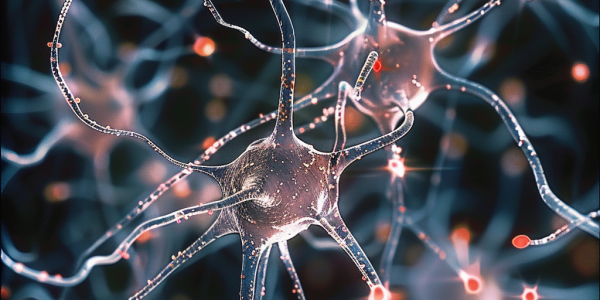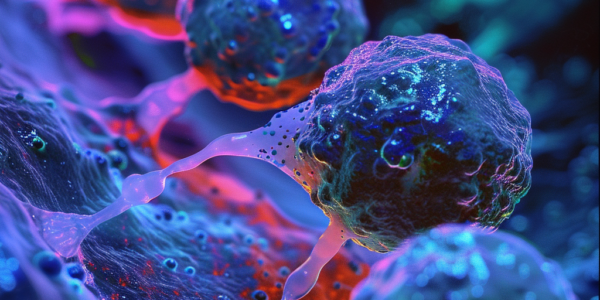Neuroscience Study Reveals Link Between Oxygen Deprivation and Memory Formation
The latest neuroscience research reveals how oxygen deprivation can hinder memory formation by triggering anoxia-induced long-term potentiation (aLTP). Scientists have identified a feedback loop involving glutamate and nitric oxide that sustains aLTP, disrupting the brain’s normal memory-enhancing mechanisms. This discovery may offer new strategies for addressing memory issues in stroke patients.
Groundbreaking Bioluminescence Imaging Technique Revolutionizes Study of Oxygen Movement in the Brain
Groundbreaking study introduces bioluminescence imaging technique for real-time observation of oxygen movement in the brain, shedding light on hypoxia and related diseases. Method offers detailed insights into oxygen distribution and potential therapeutic interventions.
Breakthrough in Understanding Cancer Cell Adaptation to Low Oxygen Environments
Researchers at the Francis Crick Institute have discovered how cancer cells adapt to low oxygen environments, offering potential insights into preventing therapy resistance. The study revealed that cancer cells increase glycolysis within three hours of oxygen deprivation, independent of HIF1α, with the crucial role of enzymes LDHA and GOT1 in regulating the process. This breakthrough could have implications for targeting treatment-resistant cancer cells within tumors with limited oxygen access.



